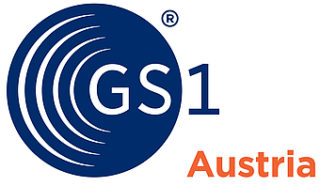Healthcare / Pharmaceuticals
About the industry

Industry challenges
All market participants face downward cost pressure. In face of dwindling government budgets, work hours and resources need to be managed with great care. Customer orders have to be filled very swiftly while making sure that the correct products, e.g. drugs, are delivered. Against this background, gathering data swiftly and accurately is as important as strict compliance with predefined delivery conditions. After all, patient safety is the ultimate goal.
UDI (Unique Device Identification)
UDI (Unique Device Identification) is a world-wide system for the standardized identification of medical products which was passed by the US-based FDA (Food and Drug Administration) back in 2014. For manufacturers of medical products in Europe, this means that they have to meet all UDI-related requirements if they want to export their products to the American market.
EDITEL certified provider for UDI data transfer to the US
As an official FDA third party provider, EDITEL offers its tried-and-tested solution for automated data transfer to the GUDID. The European UDI requirements for identification and registration will come into effect in May 2022 (EUDAMED). These requirements are similar to the FDA’s rules about UDI. Manufacturers in the EU need to store product-specific data. In addition, data mapping for related processes (labeling, data transfer, etc.) is required.
Please contact us directly for further information.
The benefits of EDI
Electronic Data Interchange (EDI) and the degree of automation it creates are designed to allow companies reach the above-mentioned corporate goal. EDI ensures the following:
- Swift and accurate recording and exchange of data such as batch numbers, expiration dates and other product-specific information
- Shortens delivery times and makes manual article recording obsolete
- Maximum delivery reliability
- Excellent merchandise traceability
- Avoids excess products
- Increases efficiency and reduces costs for all logistics processes
- Industry-wide use of GS1 standards














